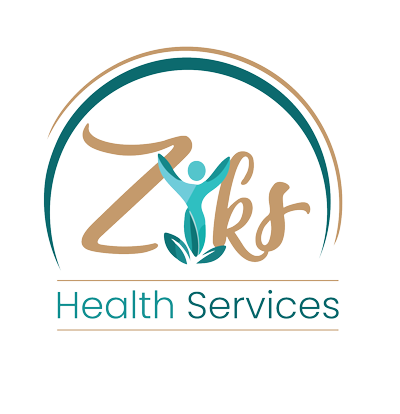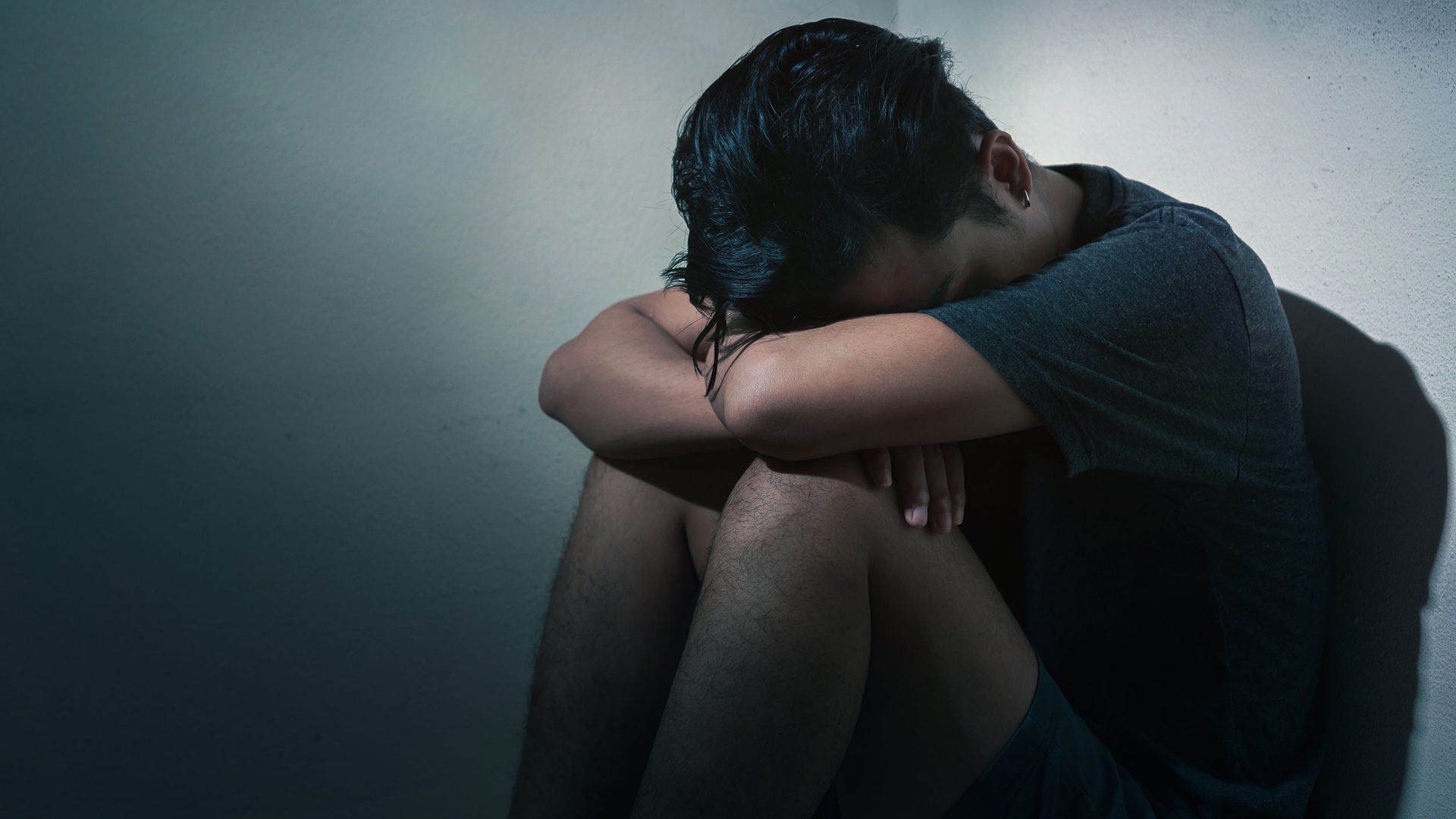Depression and anxiety are two different disorders that occur together and usually treated with the same mental health treatment plan. People with anxiety disorders (any kind) or phobias often spend their lives in an agitated manner. After some time, it starts to take an emotional toll on a person, and that is when depression starts to make its way. There is no logical explanation as to why these disorders co-exist, but with the right treatment, you can find relief from both.
Symptoms
For anyone who has a potential mental disorder, early identification of symptoms is necessary to exercise an effective treatment plan for anxiety and depression. Some common physical and psychological symptoms of anxiety and depression are as mentioned below:
- Feeling of misery for weeks that can vary from day to day in its intensity
- Loss of interest in pleasurable activities
- Loss of concentration and focus leading to difficult decision making and problem-solving
- A feeling of guilt and unworthiness
- Suicidal thoughts or trying to harm oneself
Physical symptoms include:
- Loss of appetite and weight
- A decrease in sexual interest and energy
- Insomnia and lack of sleep or sleep routines for extended hours
- Slowed speech and response
Some other subtle symptoms include:
- Hot and cold flushes
- Racing heart and shaky feeling
- Breathing problem
- Mind full of thoughts
- Constant checking on things to keep clean or right
- Chest pain
- Ideas that make you seem crazy
Depression usually begins with anxiety, and if anyone starts to feel these symptoms in any order, they should immediately consult a professional to devise a mental health treatment plan. Remember that anxiety and depression eat you away slowly, so never hesitate to ask for help.
Dealing with Disorders
Many treatment plans for anxiety and depression are available that can help in reducing the symptoms as well as shorten the duration of disorders. Treatments can be in either therapy or medications, depending on the severity of the disease. A professional mental health consultant will diagnose and recommend treatment accordingly.
- Therapy
Psychotherapy is a counseling treatment method that benefits most patients. Most therapy sessions last for a short time in which a counselor focuses on the issues and problems happing in the present. Cases that are more complex require understanding the past to come up with a suitable mental health treatment plan. These plans help a patient recover from their disorder and start to take on challenges in life. Common goals of therapy include quitting smoke, getting healthier, dealing with stress, and establishing better relations to identify a plan to deal with disorders.
- Medications
Many patients with severe conditions need medications called anti-depressants that can help to calm them and to improve their coping skills. Medications need extra care, so always ask your doctor about their administration according to prescriptions. As a part of the treatment plan for anxiety and depression, you need to follow the exact instruction of mediations. Some patients recover quickly, while some take longer for the medications to take effect. It all depends on the severity and will power of a patient. Never stop the dosage without your doctor’s recommendation, or else the symptoms might worsen.
Final Word
Anxiety and depression makes a person feel agitated and cut off from life. Dealing with these disorders must be a top priority for which a patient should not feel ashamed of asking for help. Professional consultants can help with their conditions and bring them back to their healthy lives.

